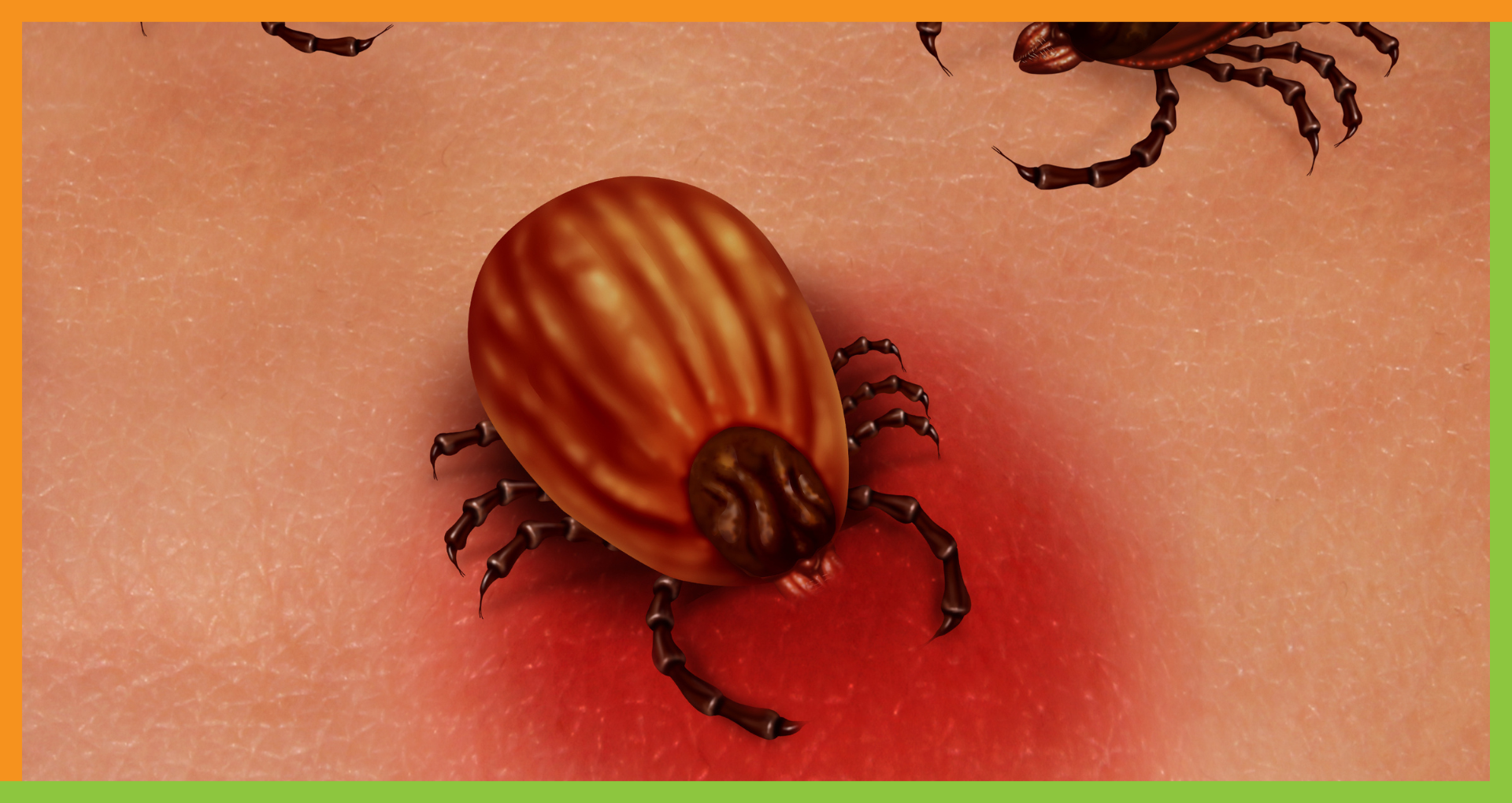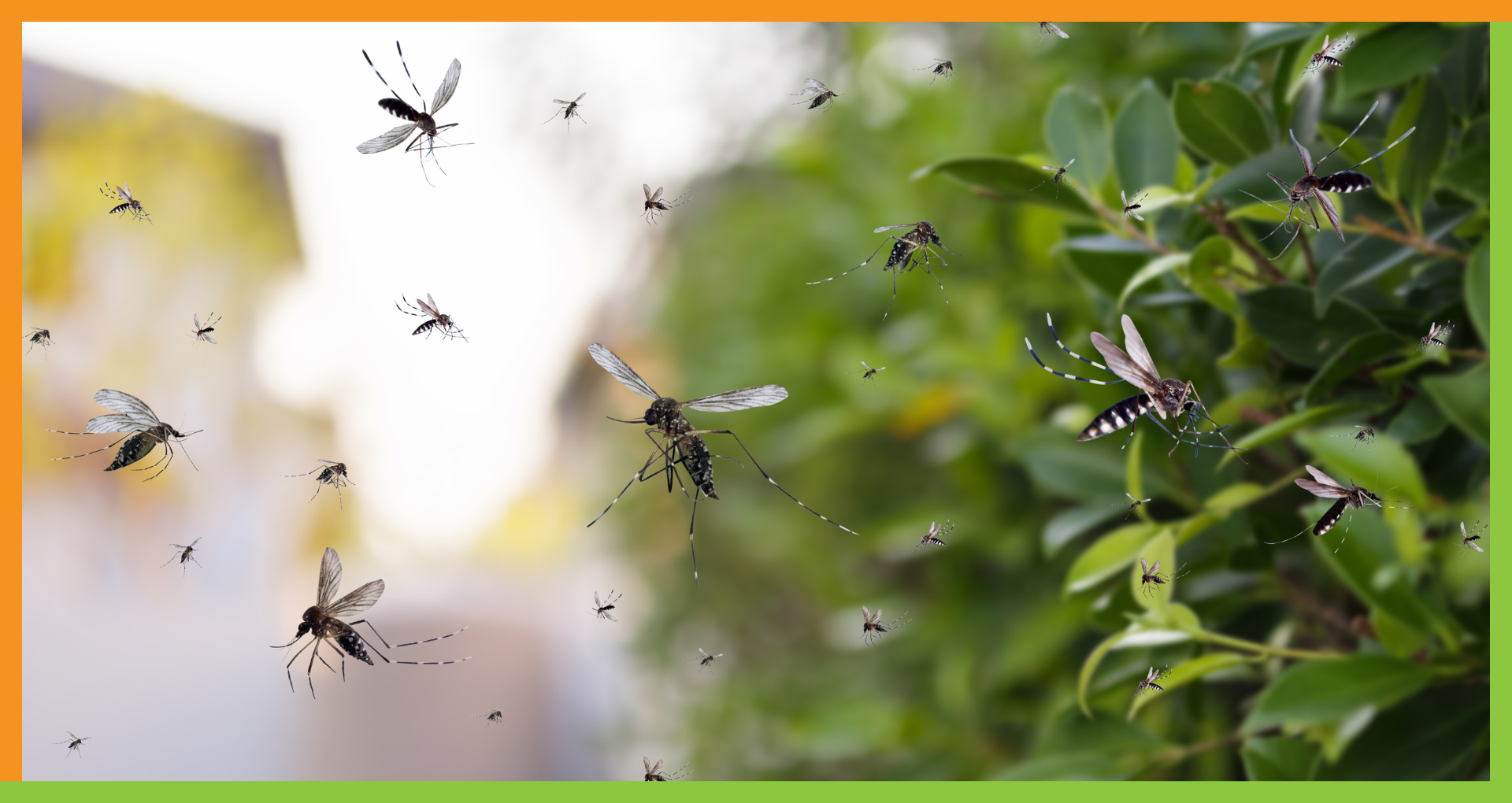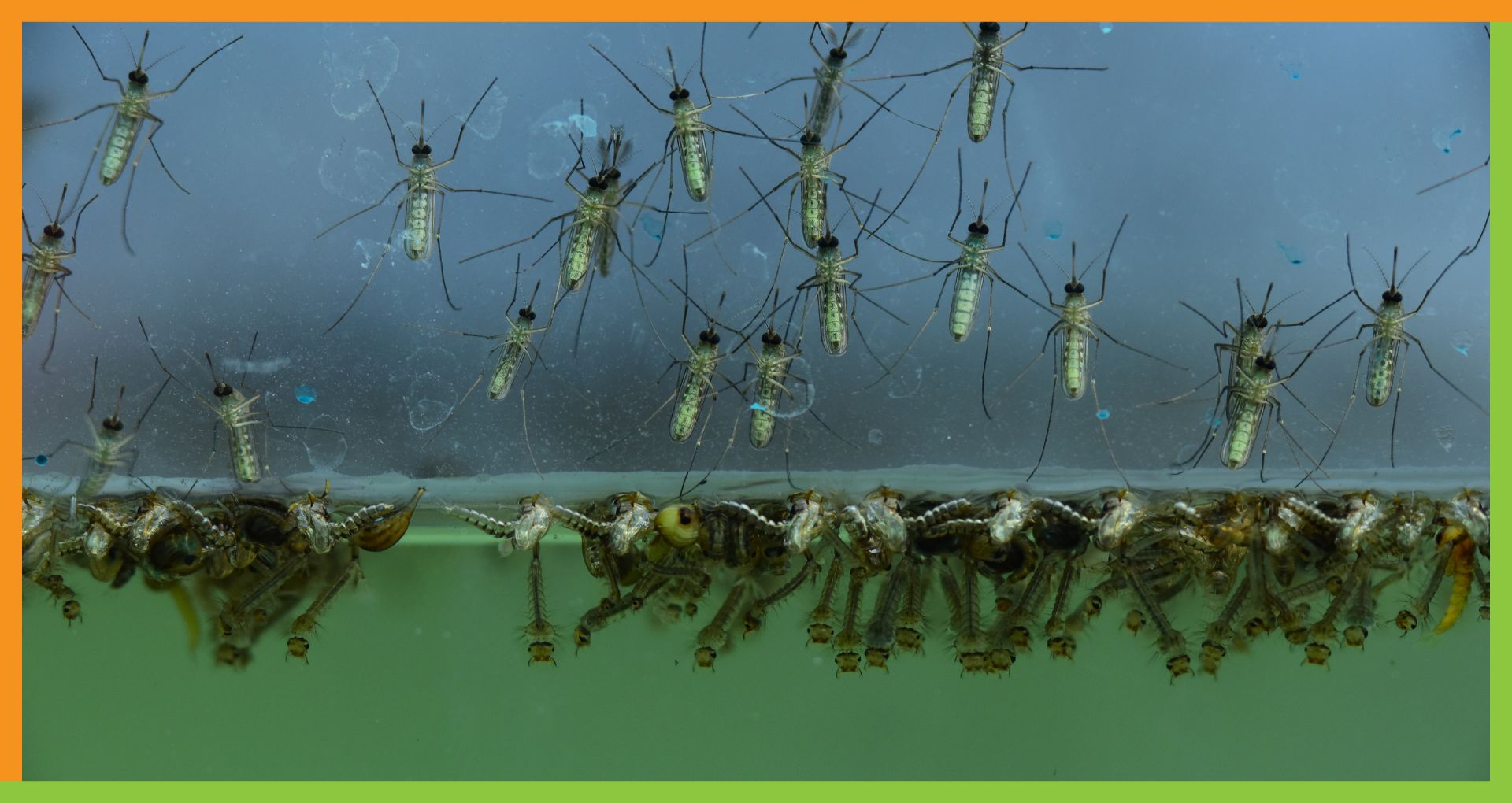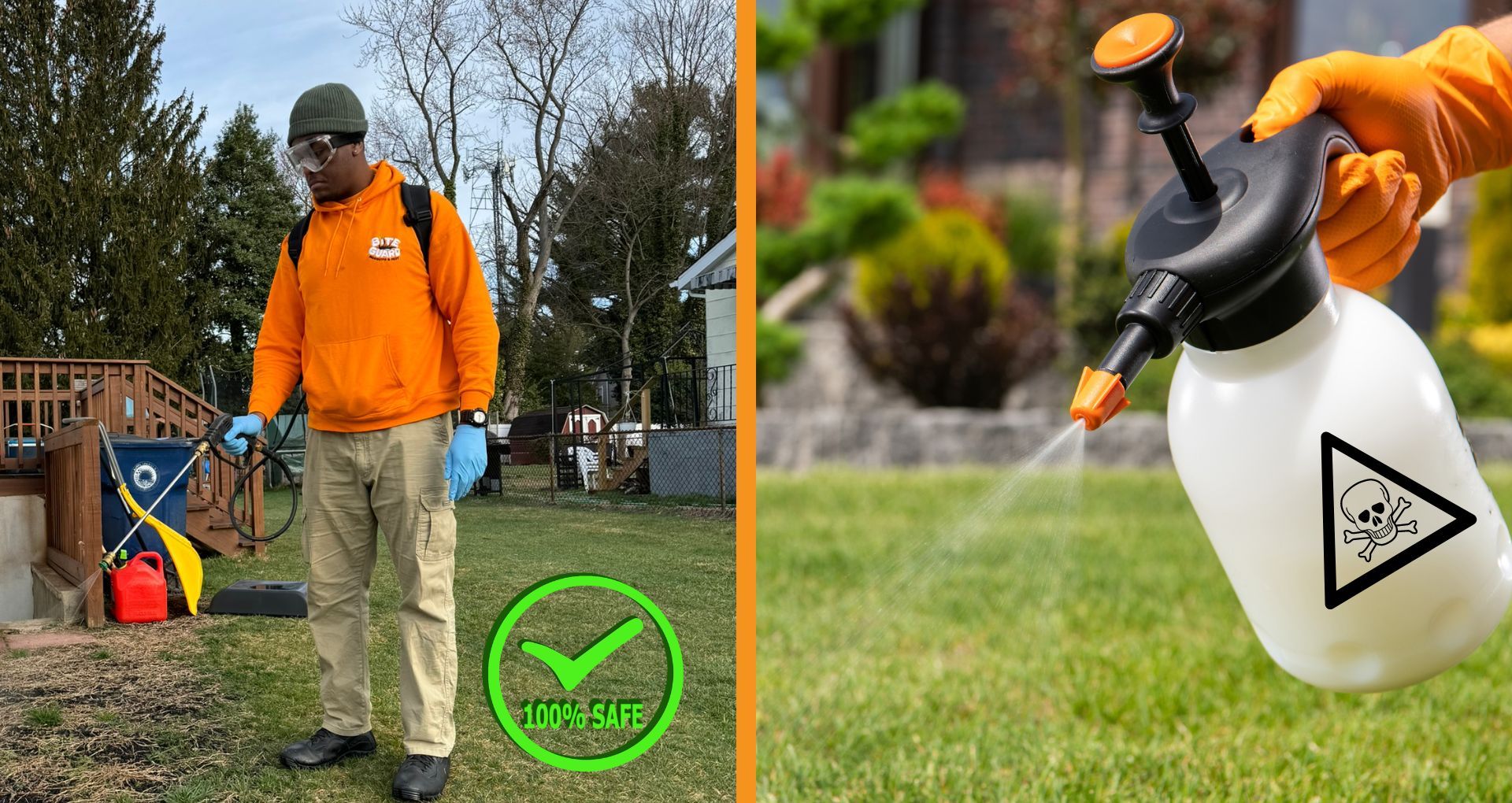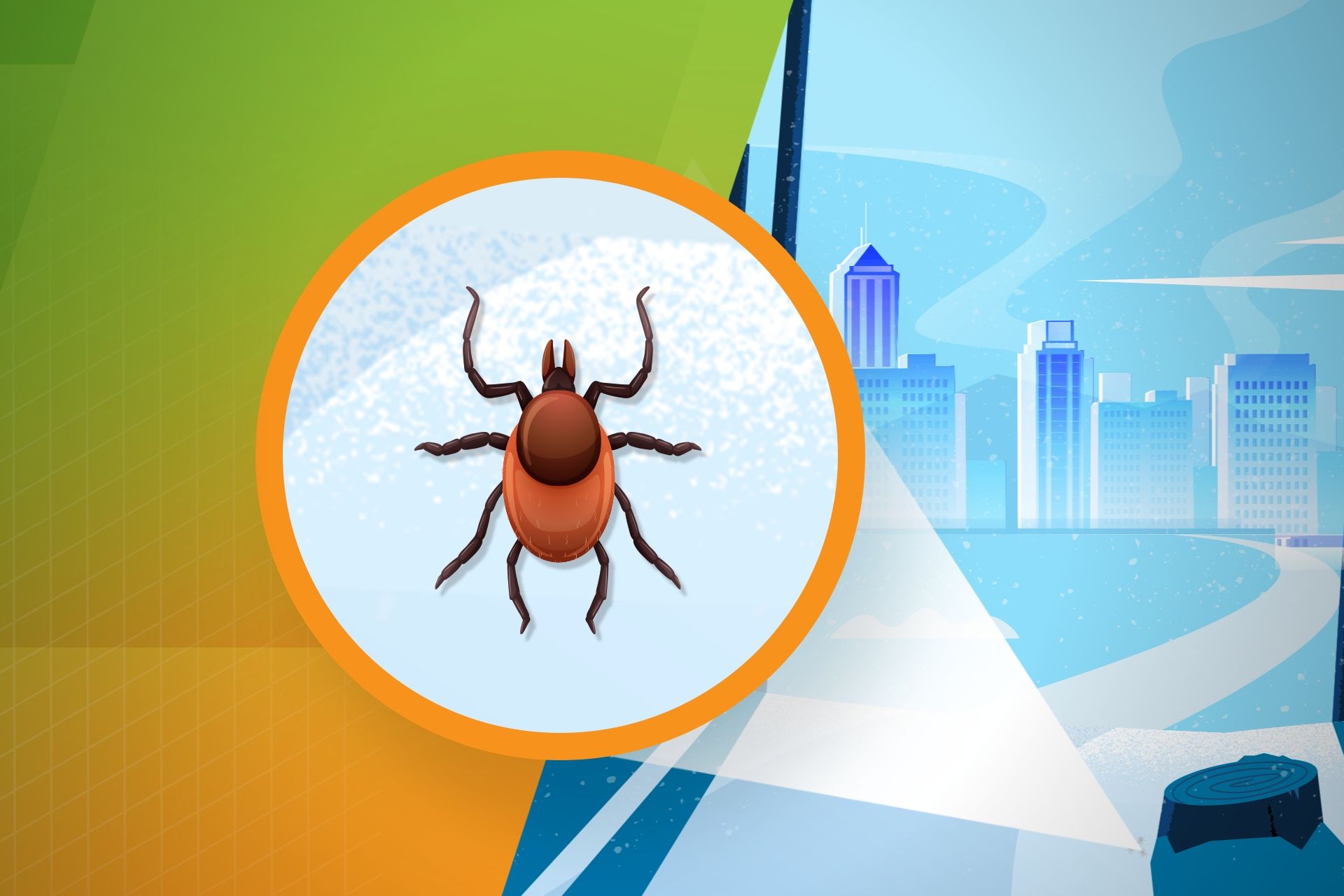How to Stay Tick-Safe During Winter Outdoor Fun
As winter sets in, many of us look forward to enjoying the outdoors, be it hiking, snowshoeing, or simply playing in the snow. However, it's crucial to remember that we are not the only ones spending time out there. “Who else?” you might ask. Ticks. That's right; even though they are often associated with warm weather, ticks remain a concern during the colder months as well. But have no fear! This guide aims to equip you with knowledge and tips to stay tick-safe while enjoying your winter outdoor activities.
Understanding Ticks in Winter
Contrary to popular belief, ticks do not completely disappear in winter. Some species, like the black-legged tick (also known as the deer tick), remain active as long as the temperature is above freezing. These ticks can be found in New Jersey's wooded areas, leaf piles, or overgrown grasses, waiting for a host to come by.
Risks of Tick Bites in Winter in New Jersey
Ticks in winter are as dangerous as they are in summer. Not only are they still out and about, but they carry the same dangerous diseases. A few common NJ tick-borne diseases include:
- Lymes Disease
- Anaplasmosis
- Rocky Mountain Spotted Fever
- Ehrlichiosis
Preventative Measures
Well, now that you know something about the presence and potential harm of these NJ ticks, let's get practical. Outside of direct tick mitigation there are a few things you can do that may prevent ticks from actually getting to your skin:
Dressing for Tick Prevention: Wear light-colored clothing to easily spot ticks. Tuck your pants into your socks and layer up to minimize skin exposure.
Effective Use of Repellents: Use EPA-registered tick repellents containing DEET, picaridin, or oil of lemon eucalyptus. Apply it according to the product instructions, especially around the lower legs.
Choosing Safe Outdoor Areas: Opt for well-maintained trails or areas with less vegetation to reduce the likelihood of encountering ticks.
Winter Landscaping and Tick Control
You may think that with summer behind us, yard maintenance and landscaping is also on pause. Of course there is a whole lot less to think about when it comes to winter landscaping, but bug prevention is not one of them! Here are a few tips to implement this winter:
Clear Leaf Litter: Ticks often find shelter in leaf litter. Regularly raking and removing fallen leaves from your yard, especially in areas close to the house or play areas, can reduce tick habitats.
Trim Vegetation: Overgrown vegetation provides a habitat for ticks. Maintaining a well-trimmed landscape can make your yard less attractive to those unwanted tenants.
Remove Dead Wood: Piles of wood and dead branches can attract rodents and other animals that carry ticks. Keeping your yard clear of such debris can reduce the presence of tick hosts.
Prune Trees: Allow more sunlight into your yard by pruning trees. Ticks thrive in damp, shaded areas, so increasing sun exposure can help dry out tick habitats.
Inspecting and Responding to Tick Bites
Routine Checks After Outdoor Activities: Conduct thorough tick checks on your body, paying close attention to areas like the scalp, armpits, and groin.
Correct Tick Removal Techniques: If you find a tick, use fine-tipped tweezers to grasp the tick as close to the skin's surface as possible and pull upward with steady, even pressure.
Actions to Take Post-Tick Bite: Clean the bite area and your hands with rubbing alcohol or soap and water. Monitor the site for signs of rash or infection, and consult a healthcare provider if symptoms develop.
If you want to know ASAP whether the tick was carrying a disease, you can easily send the tick into a lab to get tested.
Should I get Professional Tick Treatment in the Winter?
Yes! Professional tick spraying during the winter is crucial for effective tick management, primarily due to its impact on the younger stages of the tick life cycle. Winter is a key period when ticks, particularly in their egg and nymph stages, are more vulnerable. By targeting these early life stages, you significantly disrupt the tick population growth early in the year. This preemptive strike is essential because once ticks reach maturity in warmer months, they become more active and harder to control. Spraying in winter targets these ticks when they're less mobile and more concentrated, leading to a more effective and efficient treatment.
Let’s Review
Remaining vigilant and taking proactive measures can significantly reduce the risk of tick bites during winter outdoor activities. By understanding tick behavior, dressing appropriately, using repellents effectively, and maintaining a tick-free environment, you can enjoy the winter months with peace of mind!
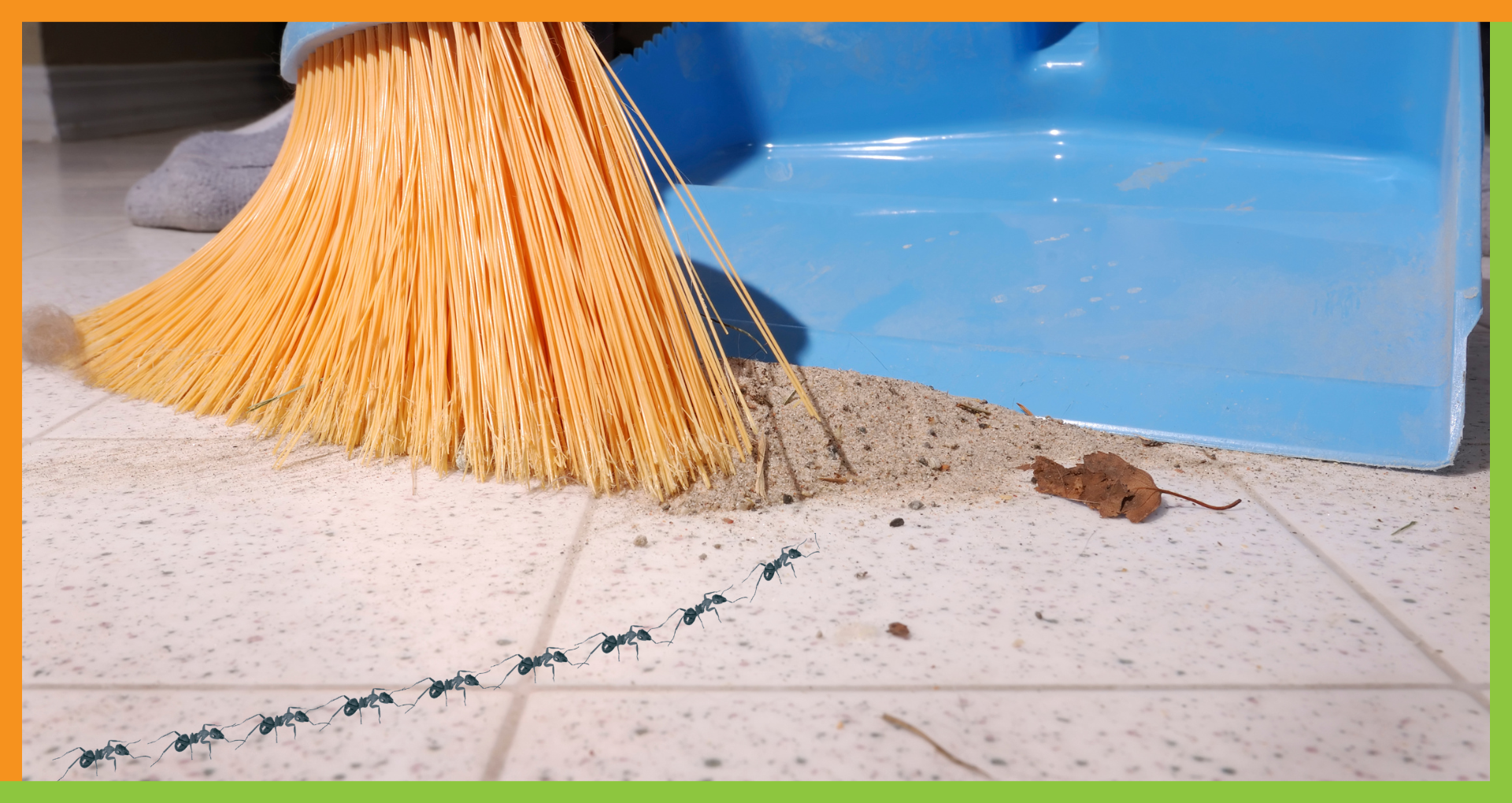
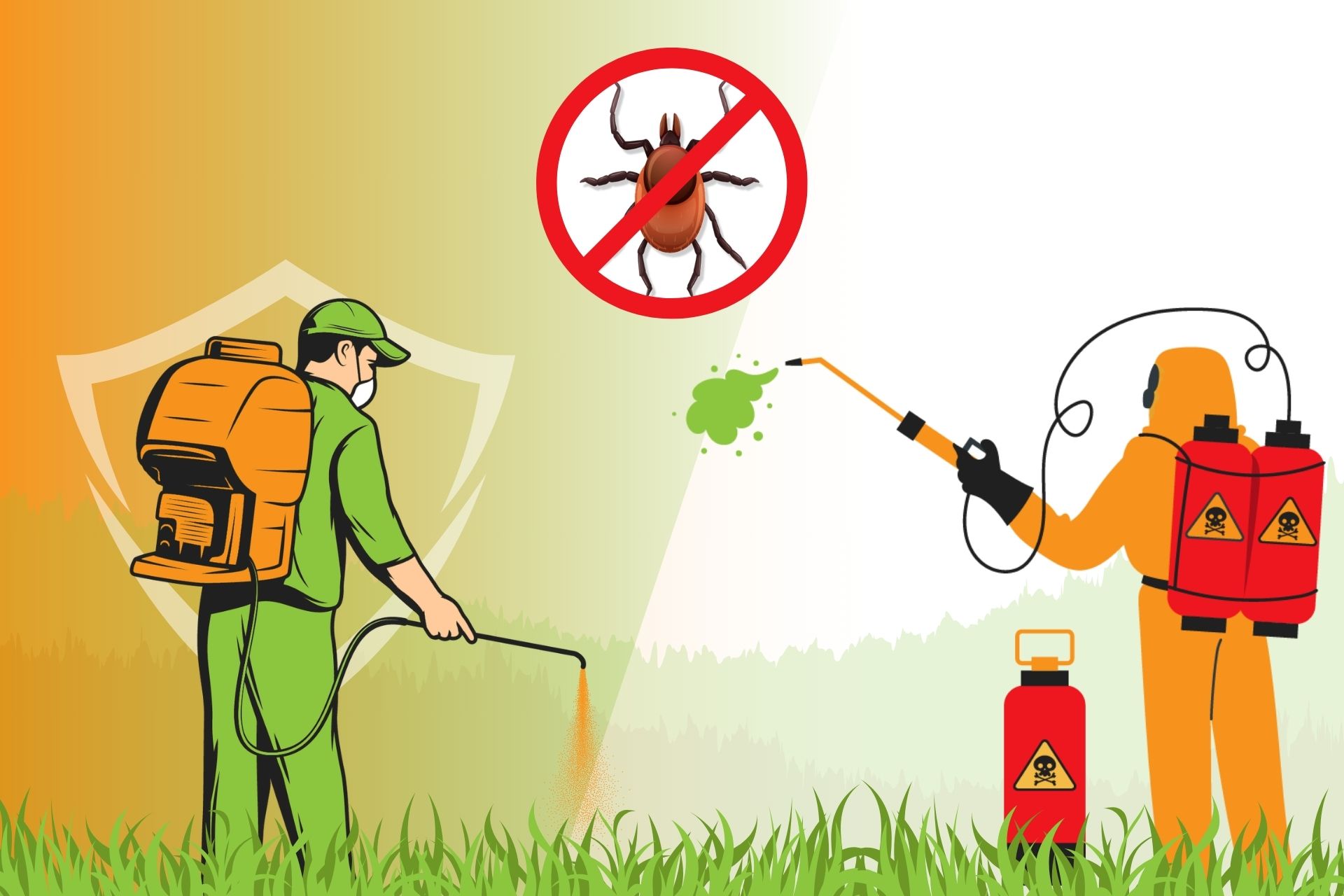
626 Park Road, #5
Cherry Hill, NJ 08034
130 Hickman Road, Ste 11
Claymont, DE 19703
1-833-924-7378
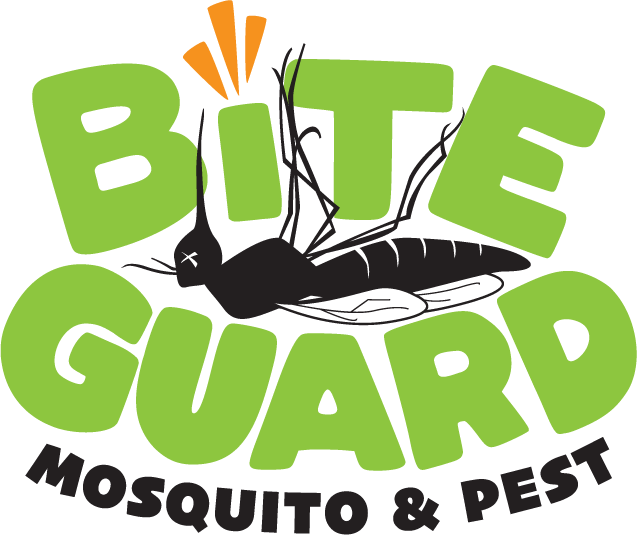
626 Park Road, #5
Cherry Hill, NJ 08034
130 Hickman Road, Ste 11
Claymont, DE 19703
1-833-9-BGPEST
1-833-924-7378
All Rights Reserved | Bite Guard Mosquito & Pest
